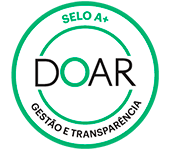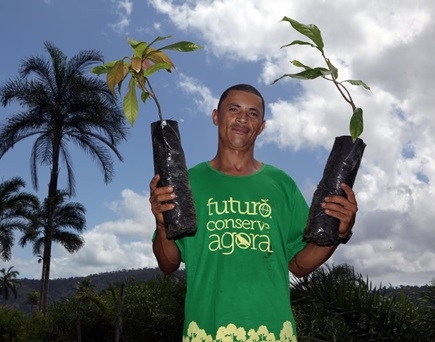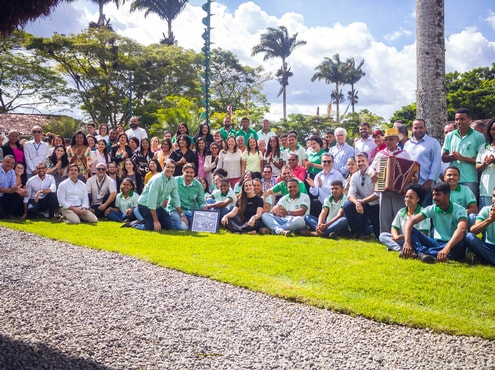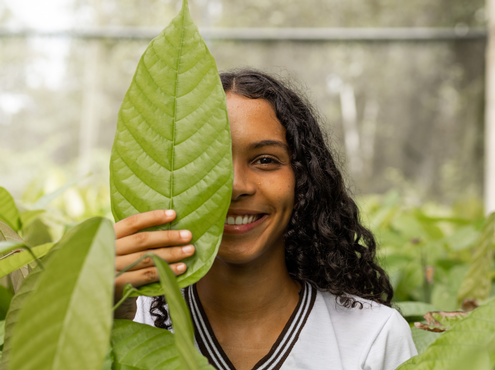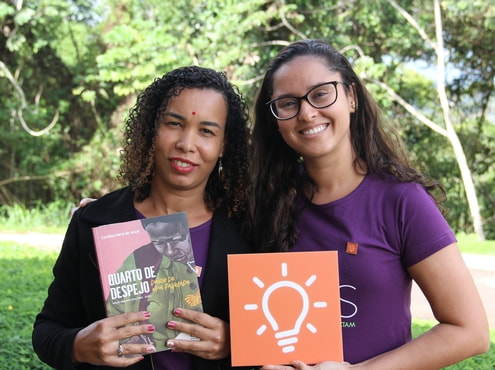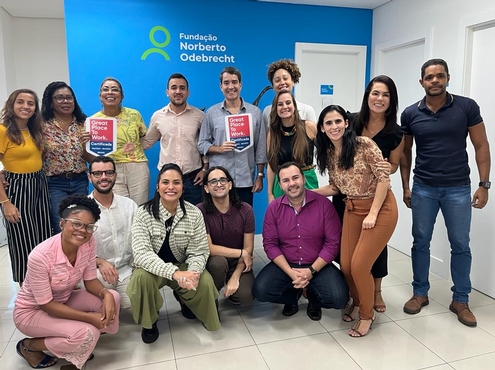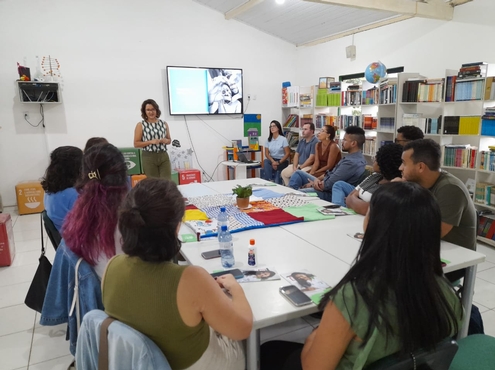In the south of Bahia, the protection of water, forests and wildlife
In partnership with the Organization of Land Conservation (Organização de Conservação da Terra – OCT), Odebrecht Oil and Gas is recovering three headsprings in the Environmental Protection Area (APA) of Pratigi
21 de January de 2015


